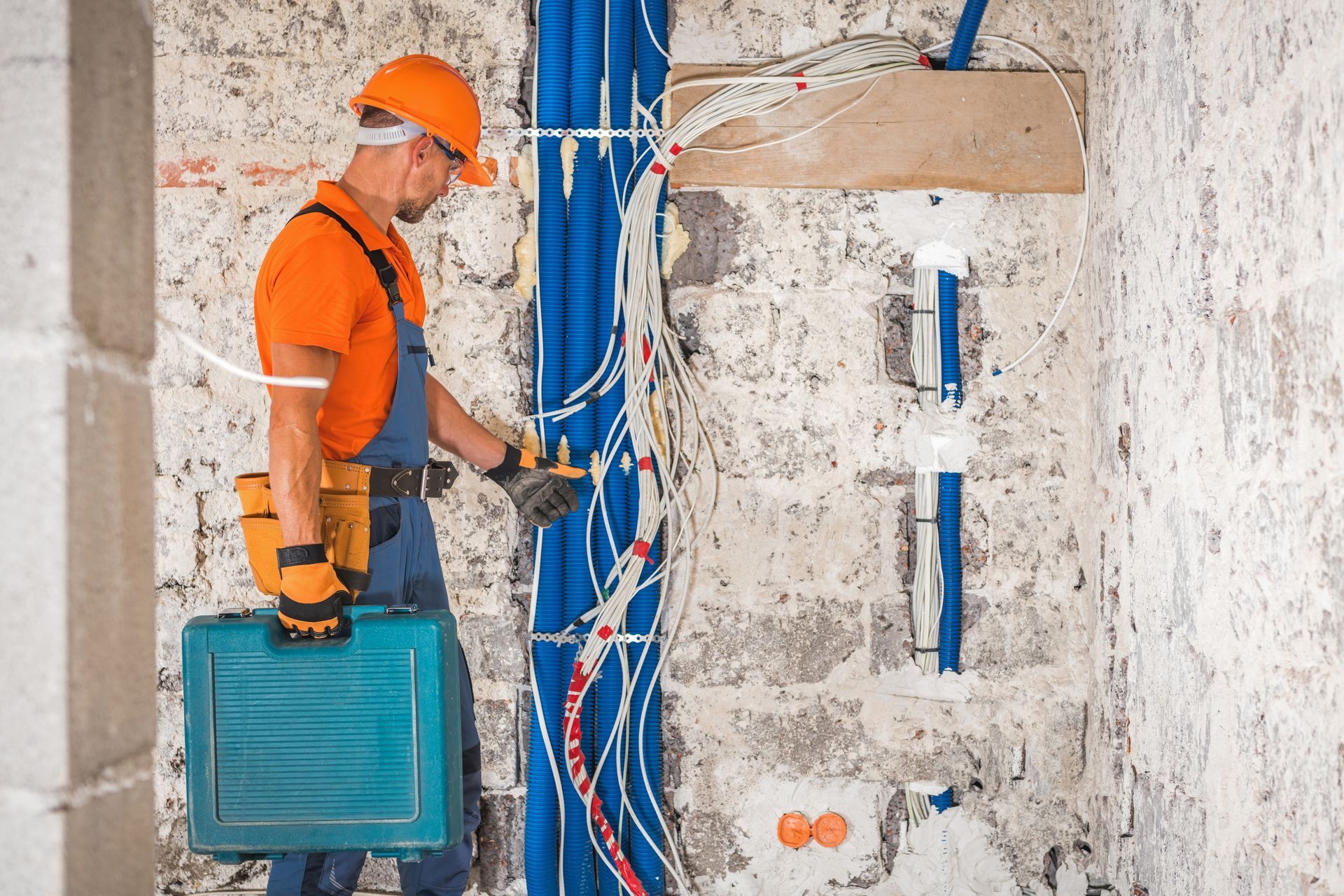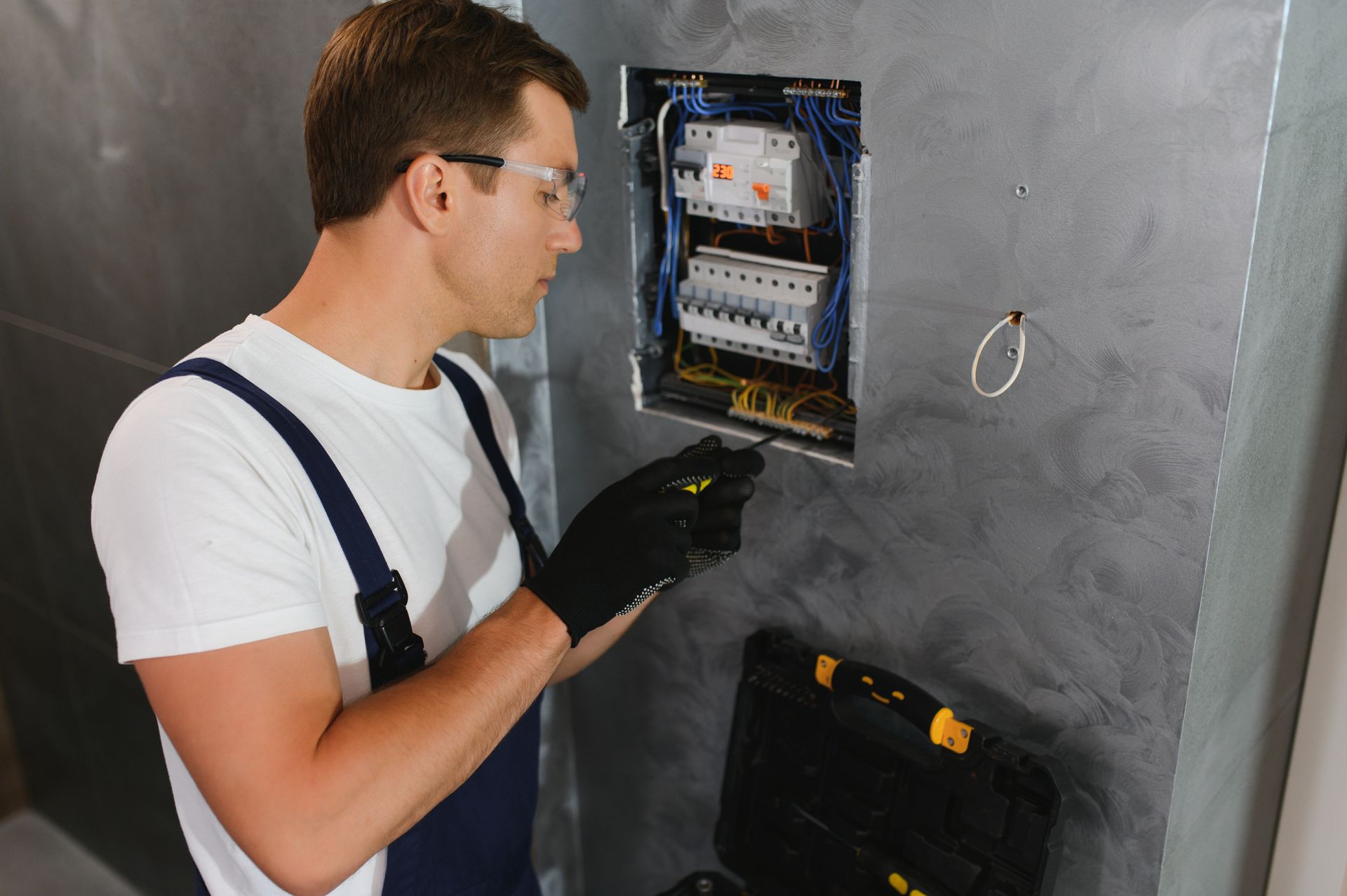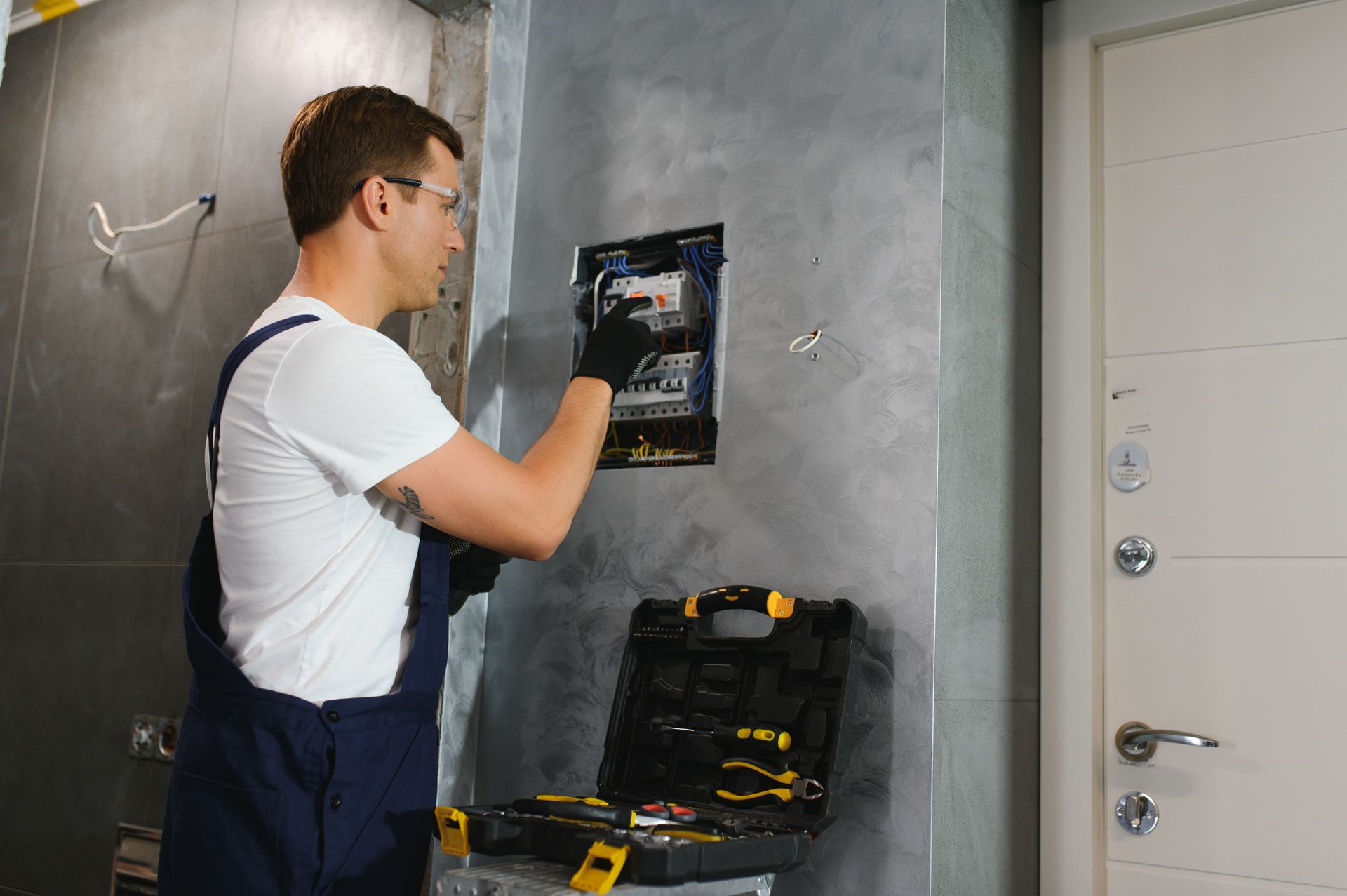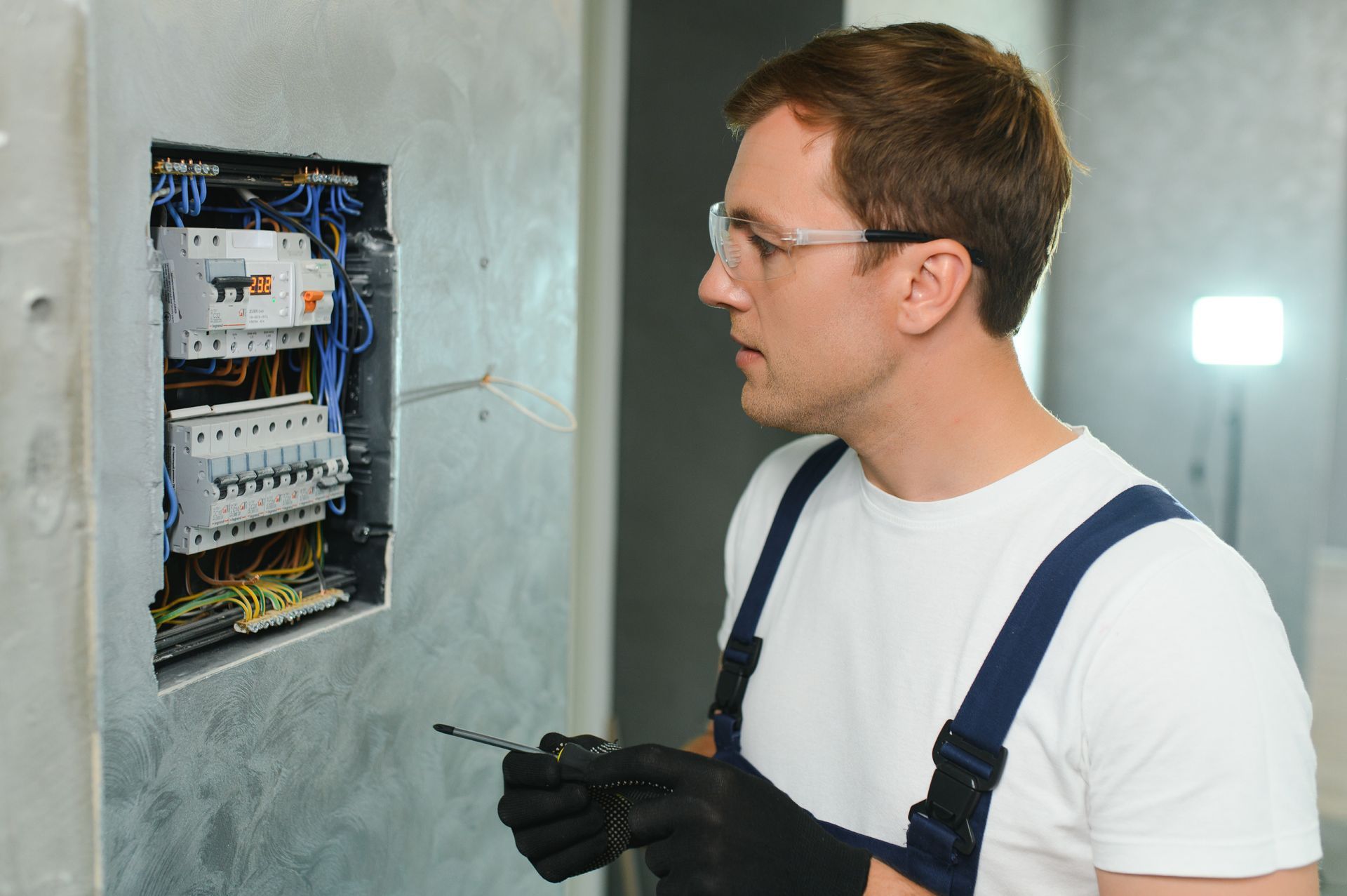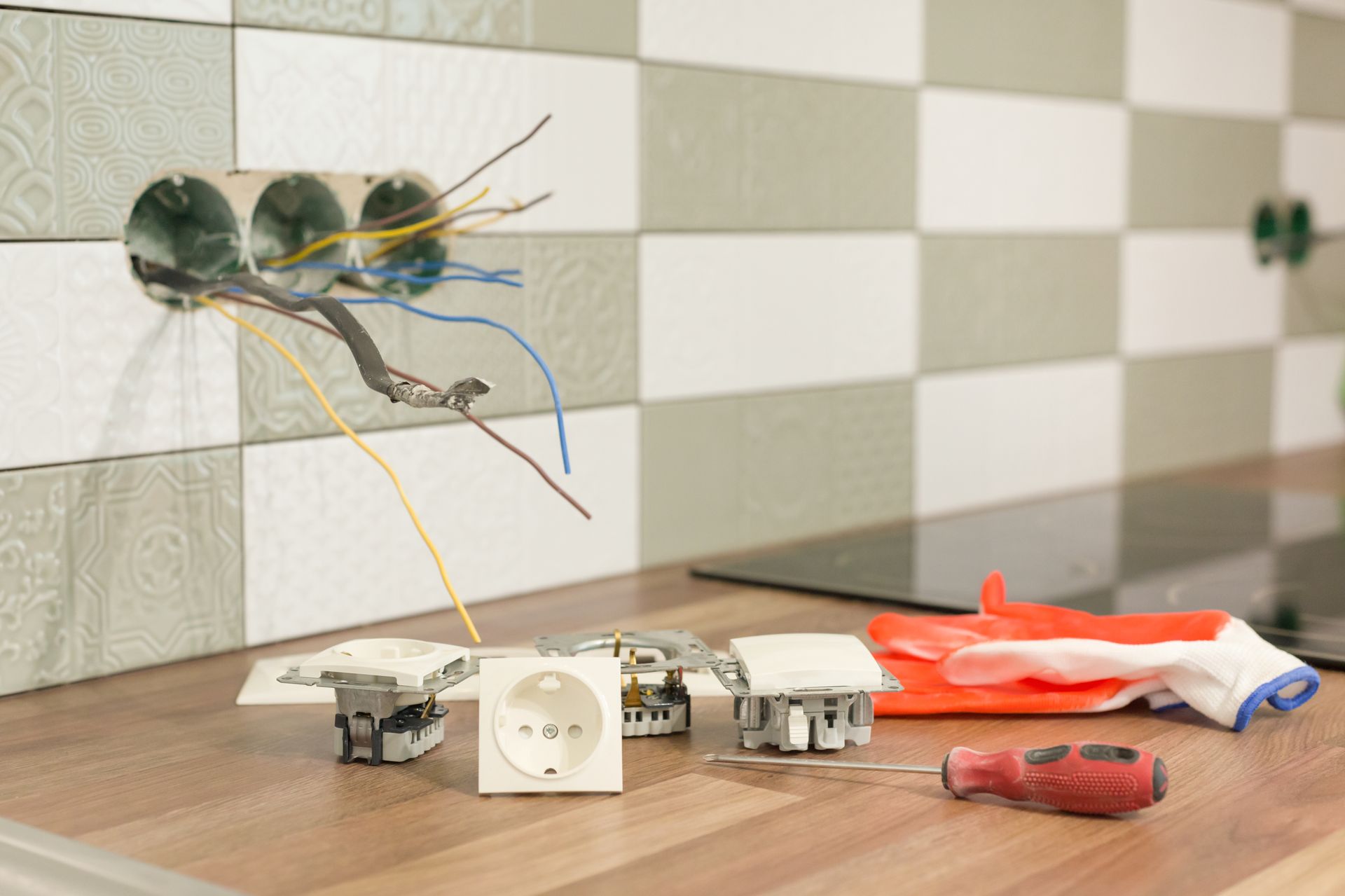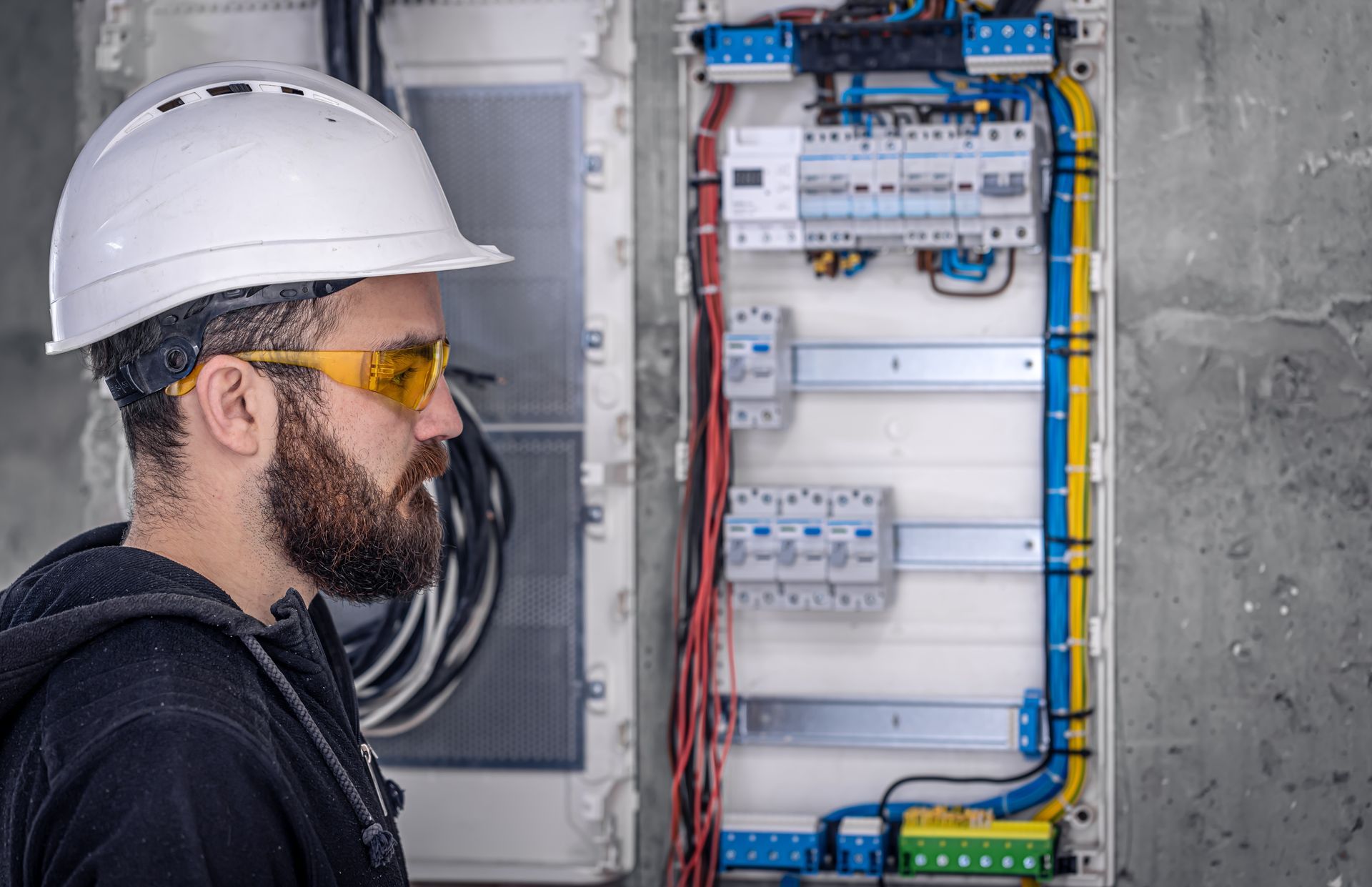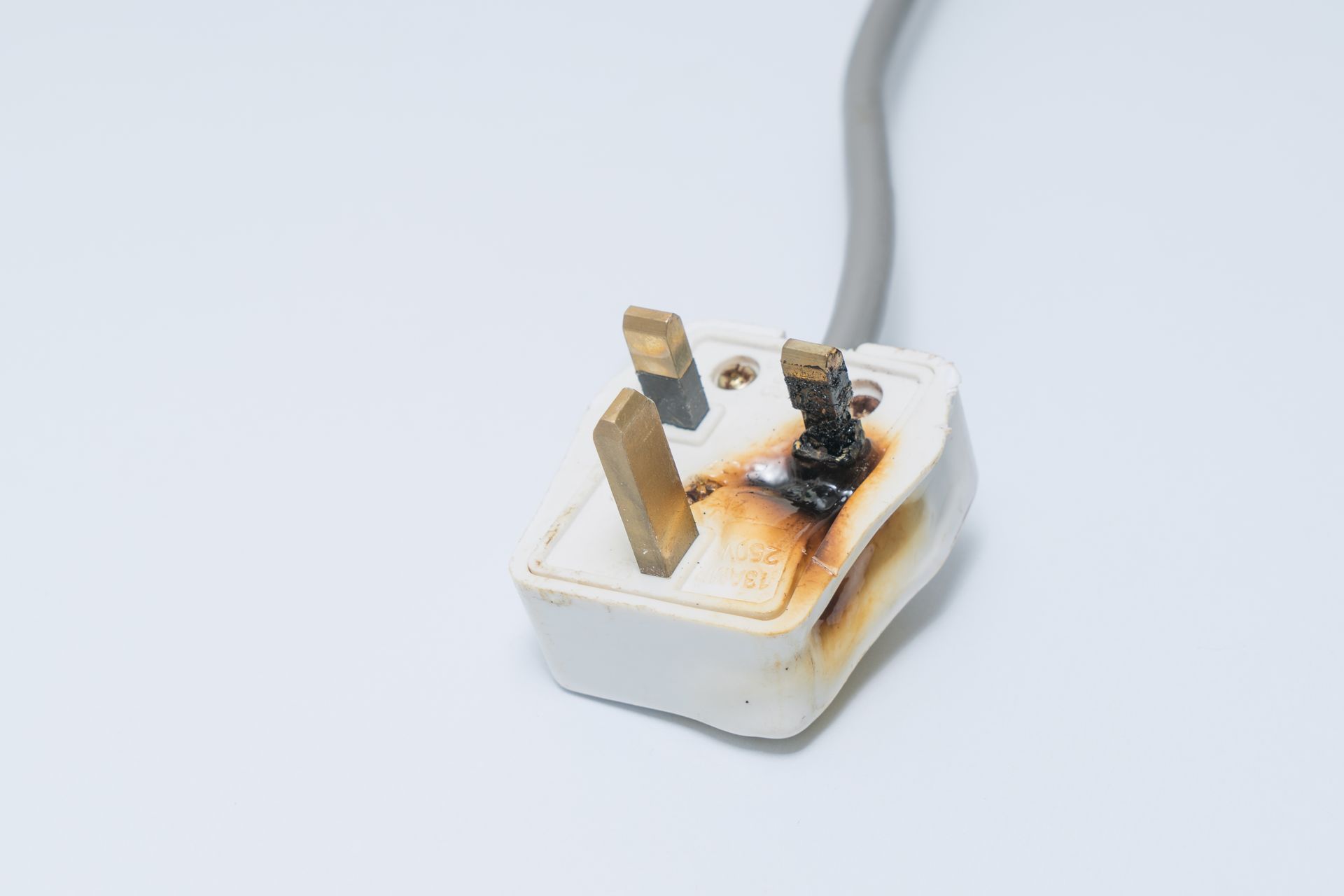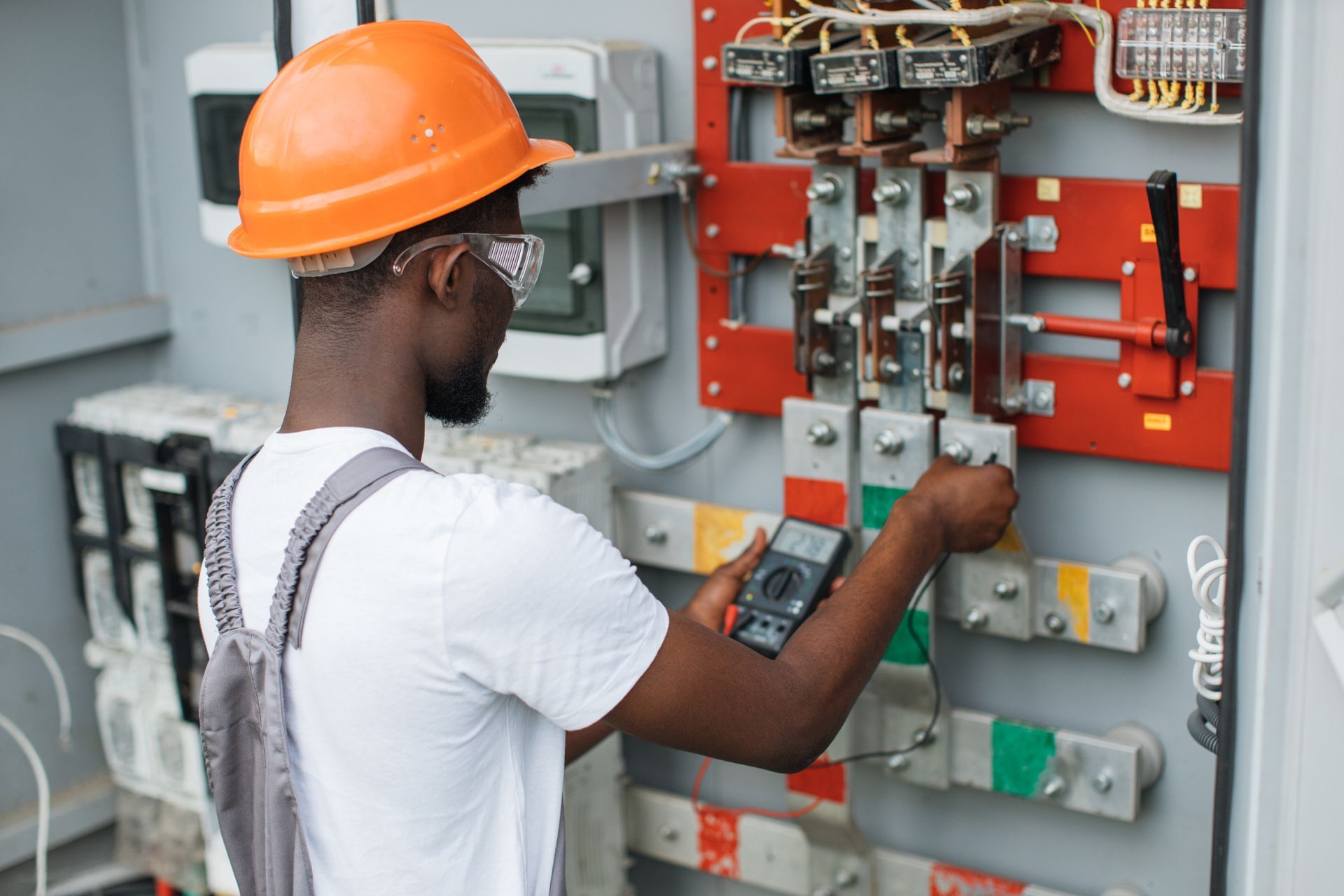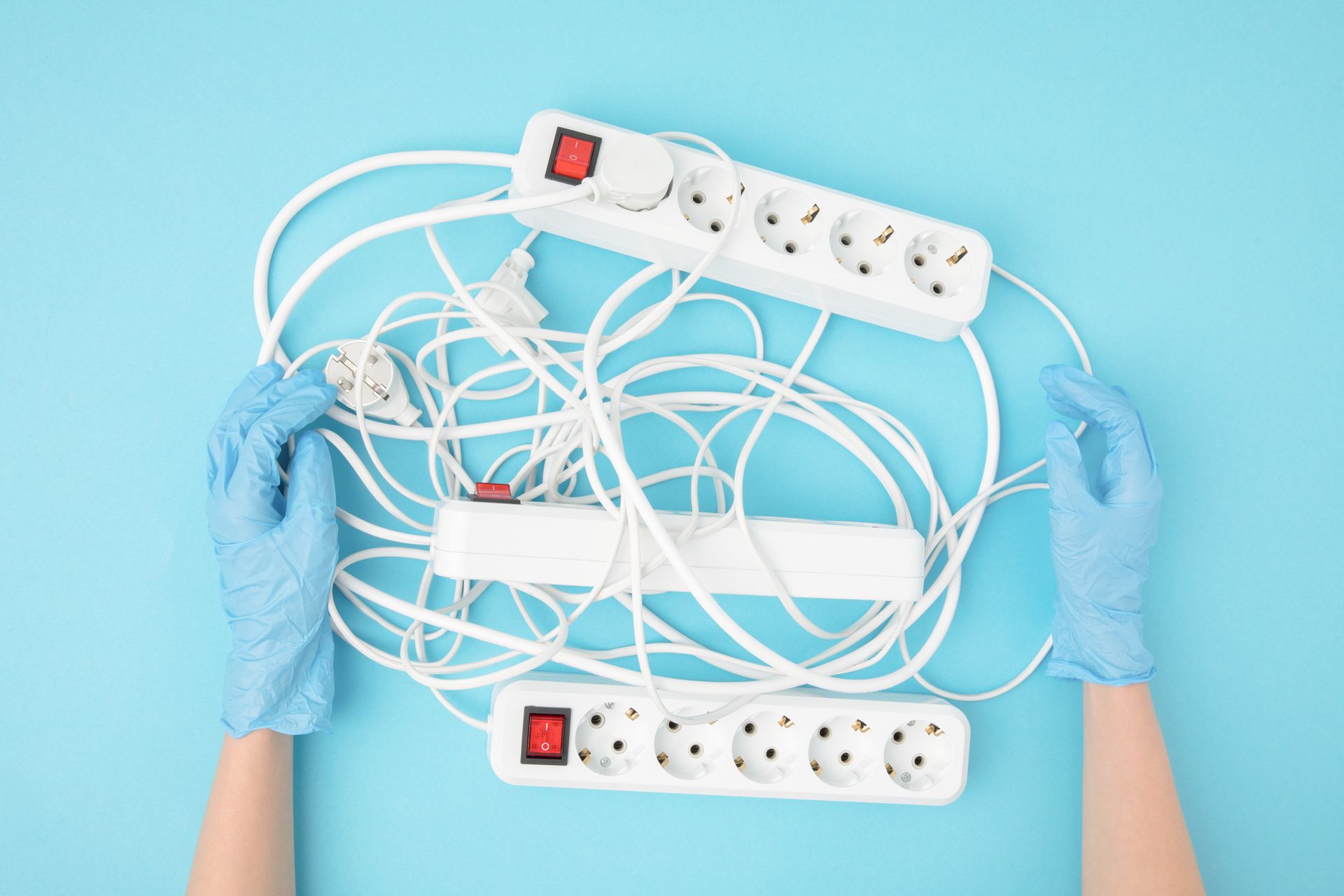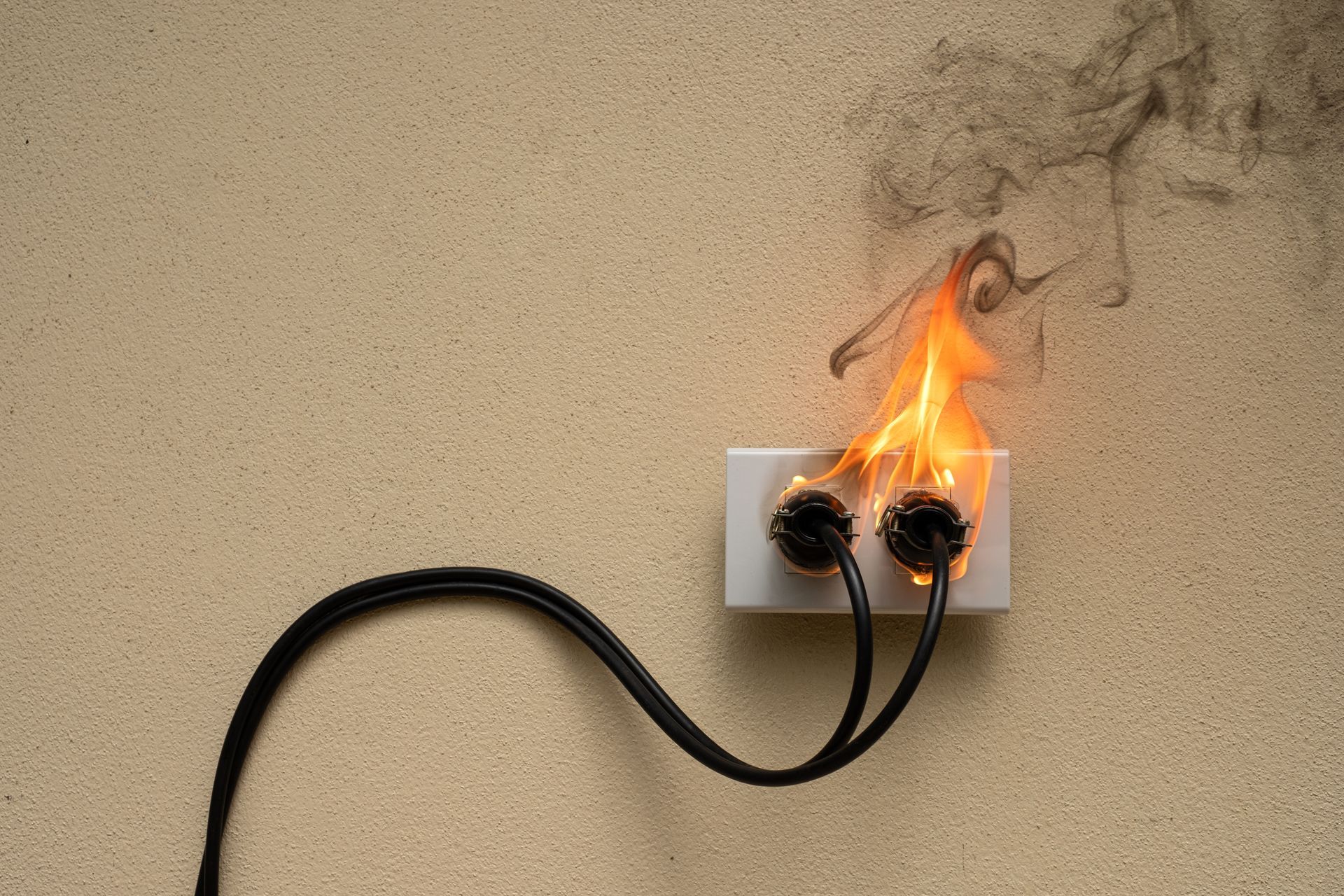The Dangers of Electrical Wiring at Home
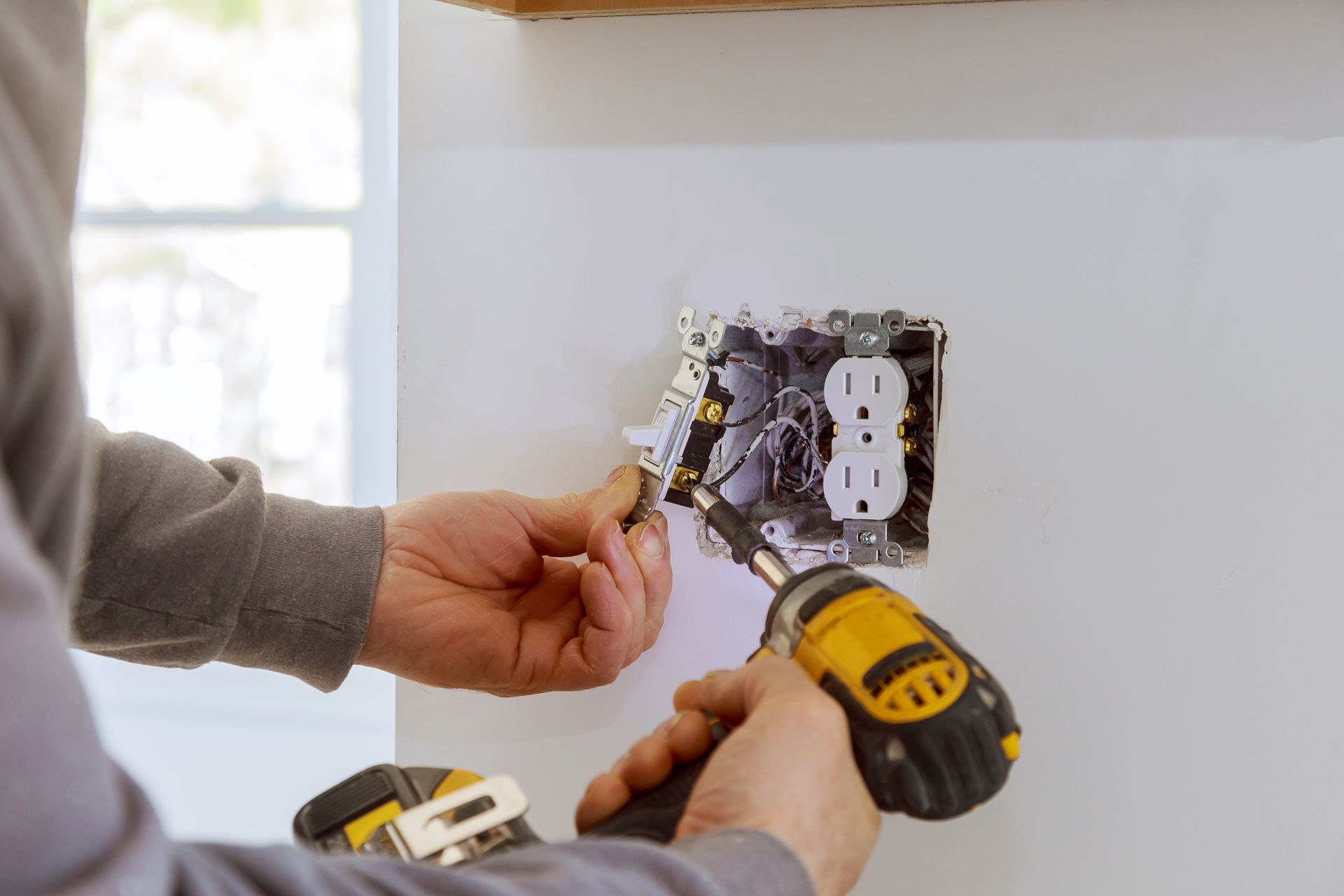
Electrical wiring is an essential part of any home, providing power for lights, appliances, and devices that make modern living possible. However, if not properly installed or maintained, electrical wiring can pose significant dangers. Understanding these risks can help you take the necessary precautions to ensure your home’s electrical system is safe. Here are some of the main dangers associated with electrical wiring at home and how to mitigate them.
Common Electrical Wiring Dangers
1. Electrical Fires
Causes:
- Faulty wiring, overloaded circuits, and damaged electrical components can all lead to electrical fires.
- Old or outdated wiring systems are particularly prone to causing fires.
Prevention:
- Regularly inspect your electrical wiring for signs of wear and damage.
- Replace old wiring and ensure that your electrical system is up to code.
2. Electric Shock
Causes:
- Exposed wires, faulty outlets, and improper grounding can lead to electric shock.
- Water exposure can also increase the risk of electric shock.
Prevention:
- Ensure all outlets, especially in wet areas like bathrooms and kitchens, have Ground Fault Circuit Interrupters (GFCIs).
- Avoid using electrical devices with frayed cords or exposed wires.
3. Overloaded Circuits
Causes:
- Plugging too many devices into a single outlet or circuit can overload the system.
- Overloaded circuits can cause overheating and potentially lead to fires.
Prevention:
- Distribute electrical loads evenly across multiple circuits.
- Use power strips with built-in overload protection and avoid daisy-chaining power strips.
4. Short Circuits
Causes:
- A short circuit occurs when a hot wire comes into contact with a neutral wire, causing a surge of electricity.
- This can result from damaged wiring or improper installation.
Prevention:
- Regularly check your electrical system for damaged wires and fix any issues promptly.
- Hire a licensed electrician to install and maintain your electrical wiring.
5. Outdated Wiring
Causes:
- Homes with old wiring systems, such as knob-and-tube wiring or aluminum wiring, are at higher risk for electrical hazards.
- Outdated wiring may not handle the electrical load of modern appliances.
Prevention:
- Have an electrician inspect your home's wiring and upgrade it if necessary.
- Replace old wiring with modern, safer alternatives like copper wiring.
6. Improper Installation
Causes:
- DIY electrical work or hiring unqualified individuals can result in improper wiring installation.
- Mistakes in wiring can lead to dangerous conditions, including fires and electric shock.
Prevention:
- Always hire licensed and experienced electricians for any electrical work in your home.
- Avoid attempting electrical repairs or installations without proper knowledge and tools.
Electrical Safety Tips
1. Regular Inspections
- Schedule regular inspections of your electrical system by a licensed electrician.
- Look for signs of wear, such as frayed wires, scorch marks on outlets, and flickering lights.
2. Use Quality Materials
- Use high-quality electrical components and materials to ensure durability and safety.
- Avoid cheap, substandard products that may not meet safety standards.
3. Install Safety Devices
- Install GFCIs and Arc Fault Circuit Interrupters (AFCIs) to protect against electric shock and electrical fires.
- Ensure your home’s electrical panel has properly rated circuit breakers.
4. Educate Your Family
- Teach family members about electrical safety, including the importance of not overloading outlets and using appliances properly.
- Ensure everyone knows how to safely turn off the power in case of an emergency.
5. Avoid Water Contact
- Keep electrical devices and outlets away from water sources.
- Use waterproof covers for outdoor outlets and ensure bathroom and kitchen outlets have GFCIs installed.
6. Unplug Unused Devices
- Unplug appliances and devices when they are not in use to prevent overheating and reduce the risk of electrical fires.
- This also helps conserve energy and reduce your electricity bill.
Conclusion
Electrical wiring is crucial for modern living, but it comes with inherent risks if not properly managed. By understanding the dangers of electrical wiring and taking proactive steps to maintain your home’s electrical system, you can prevent accidents and ensure the safety of your household. Regular inspections, using quality materials, and hiring licensed electricians are key to a safe and efficient electrical system. For professional electrical services and safety inspections, contact TraceTech Solutions. Our team of experienced electricians is dedicated to ensuring the safety and reliability of your home’s electrical wiring.


